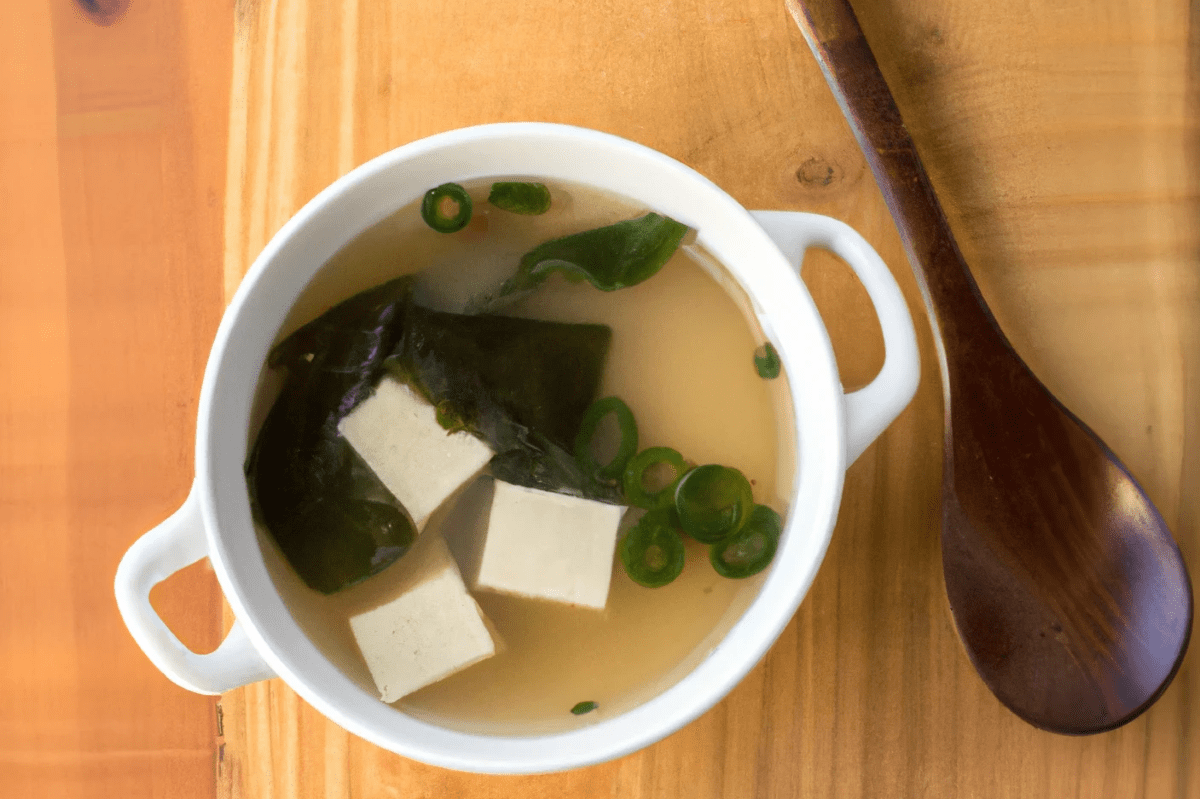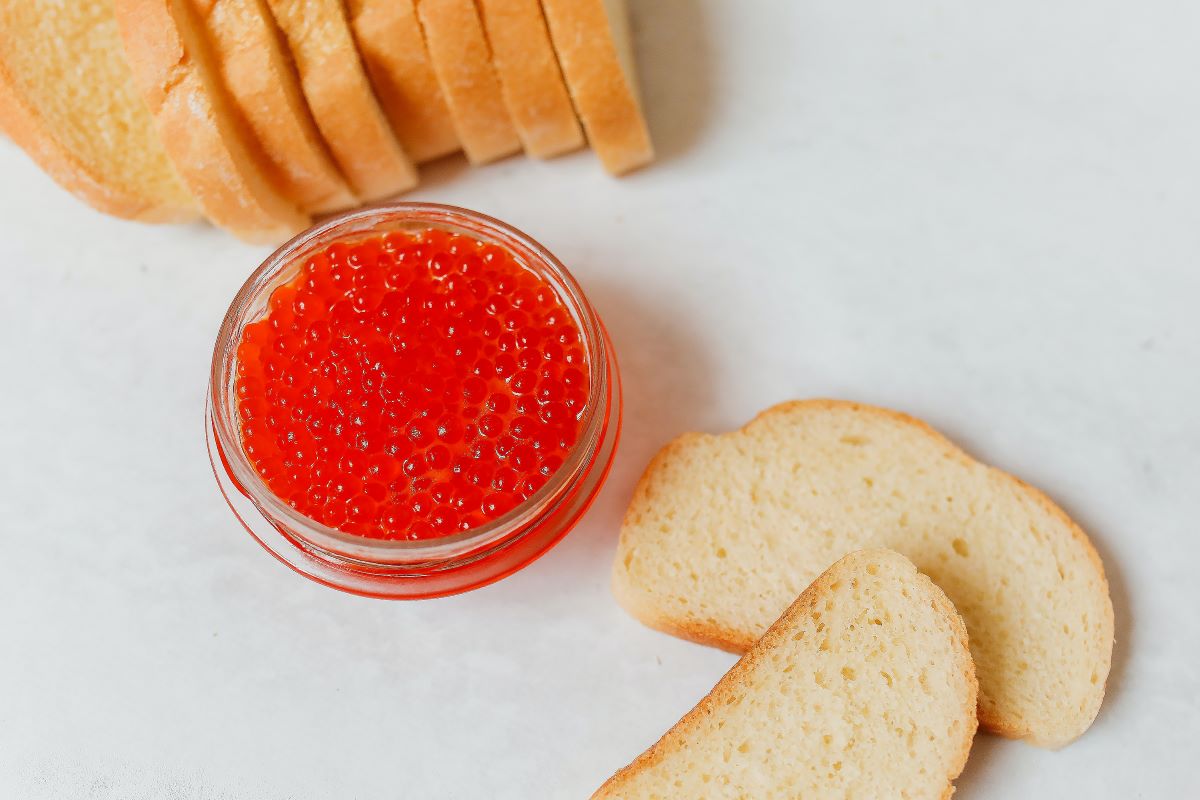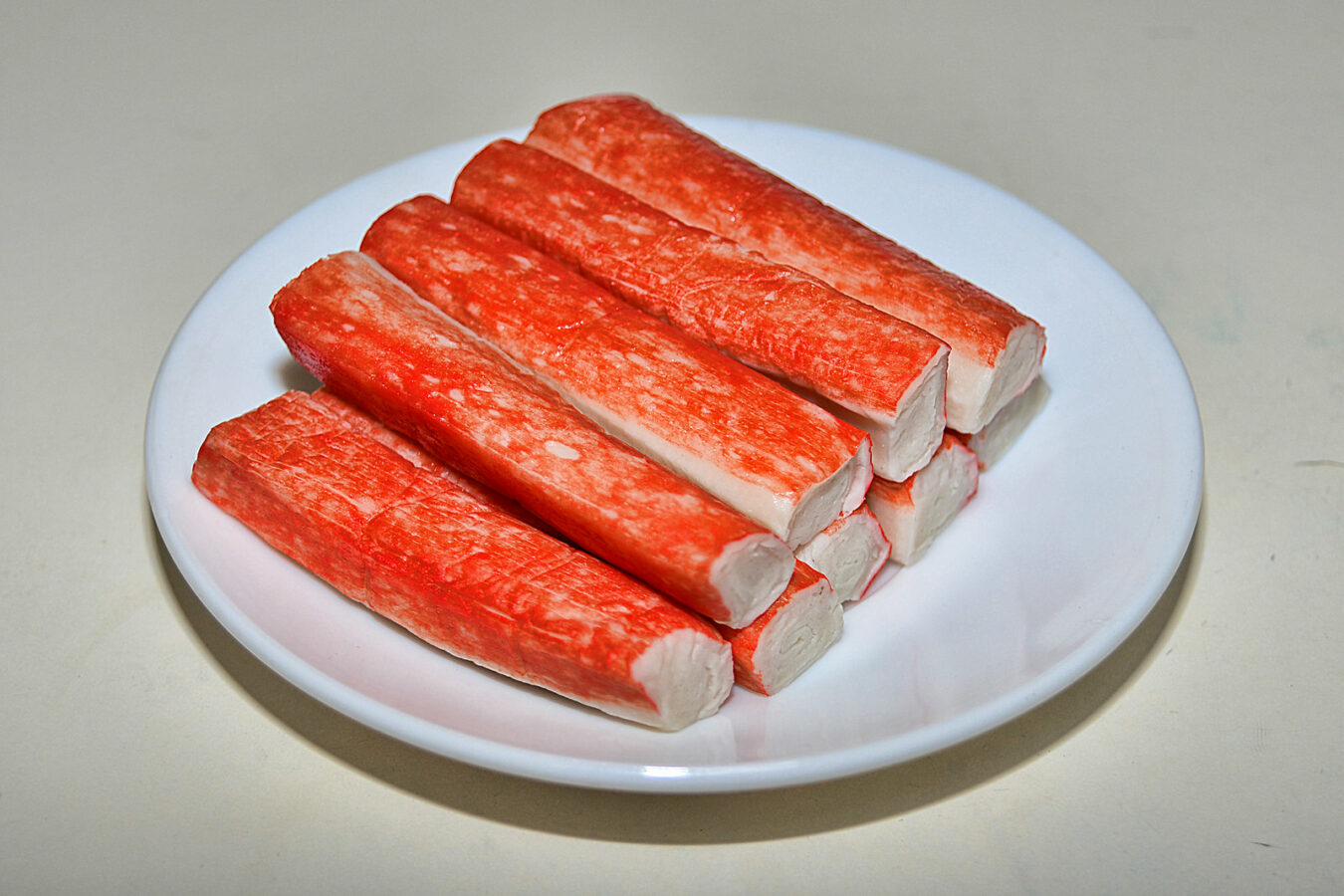Table of Contents
Agave, a natural sweetener derived from the sap of the agave plant, has become increasingly popular as an alternative to sugar and honey. But is it suitable for vegans?
This comprehensive guide will explore the different agave types, non-vegan ingredients or processes involved, and any controversies or gray areas within the vegan community regarding agave.
Is Agave Vegan?
Yes, agave is generally considered vegan. It is a plant-based product derived from the sap of the agave plant, and its production does not involve animal products or by-products. However, some variations of agave syrup may contain non-vegan ingredients or may be processed in a way that does not align with vegan principles.
For instance, certain brands might process their agave syrup in facilities that also handle animal products, which could concern some vegans. Also, some forms of agave syrup are highly refined and may involve chemicals in the process, which might not align with the principles of those following a natural or raw vegan diet.
Therefore, while agave is fundamentally a vegan product, it is always advisable to check the label and the brand’s website for more detailed information on the production process and any additives or processing agents used.
Non-vegan Ingredients or Processes
While the agave syrup is plant-based, some variations may contain non-vegan ingredients or may be processed in a way that does not align with vegan principles. For example, some agave syrups are processed using bone char, a non-vegan ingredient that filters and decolorizes the syrup.
Some agave syrups may be mixed with other sweeteners, such as honey or high fructose corn syrup, which are not considered vegan.
Controversies or Gray Areas within the Vegan Community
While agave syrup is generally considered vegan, there are some controversies and gray areas within the vegan community regarding its use. Some vegans avoid agave syrup due to concerns about its high fructose content and its impact on health.
Others argue that the production of agave syrup is not sustainable and hurts the environment and the communities where it is produced. Additionally, there are concerns about exploiting workers in the agave industry.
While these issues may not directly relate to the use of animal products, they are important considerations for many vegans concerned about the broader ethical implications of their food choices.
Types of Agave
There are several different types of agave plants, and the syrup can vary in color and flavor depending on the variety of agave plant used. The most common type of agave syrup is made from the blue agave plant (Agave tequilana). Blue agave syrup is available in light, amber, and dark varieties.
Light agave syrup has a mild, almost neutral flavor, while amber agave syrup has a richer flavor with caramel notes. Dark agave syrup has the strongest flavor with hints of molasses.
Vegan-Friendly Alternatives and Variations
Agave syrup is a popular sweetener among vegans, but due to the controversies and potential non-vegan processes mentioned above, some people prefer to seek alternatives. Fortunately, there are many other vegan-friendly sweeteners available on the market.
Store-Bought Alternatives

Maple Syrup
A natural sweetener made from the sap of sugar maple trees. It has a rich, caramel-like flavor and is widely available in supermarkets. Look for brands like ‘Nature’s Hollow’ and ‘Coombs Family Farms’.
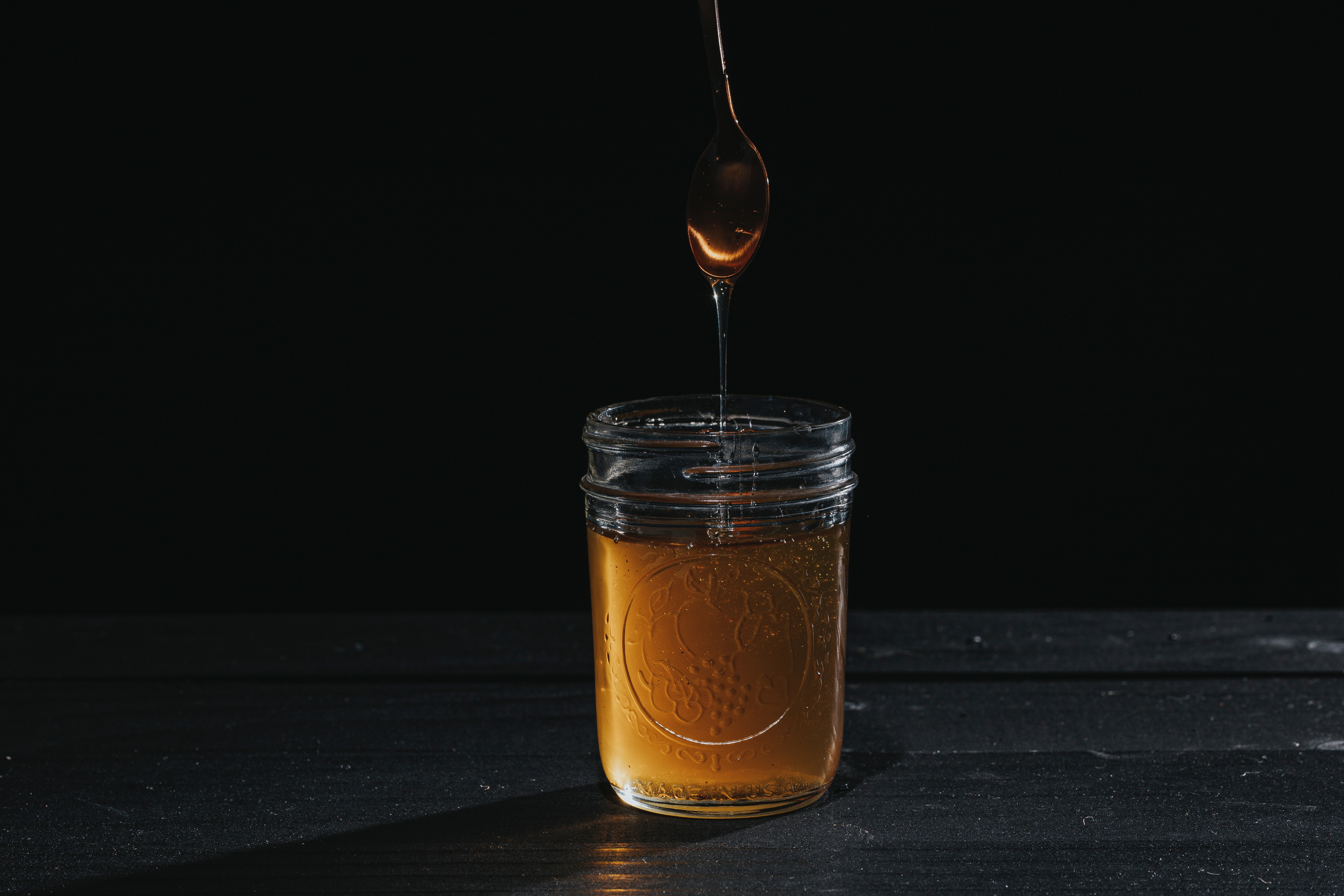
Brown Rice Syrup
Made from brown rice, this syrup has a mild, nutty flavor. ‘Lundberg’ and ‘Suzanne’s Specialties’ are well-known brands.
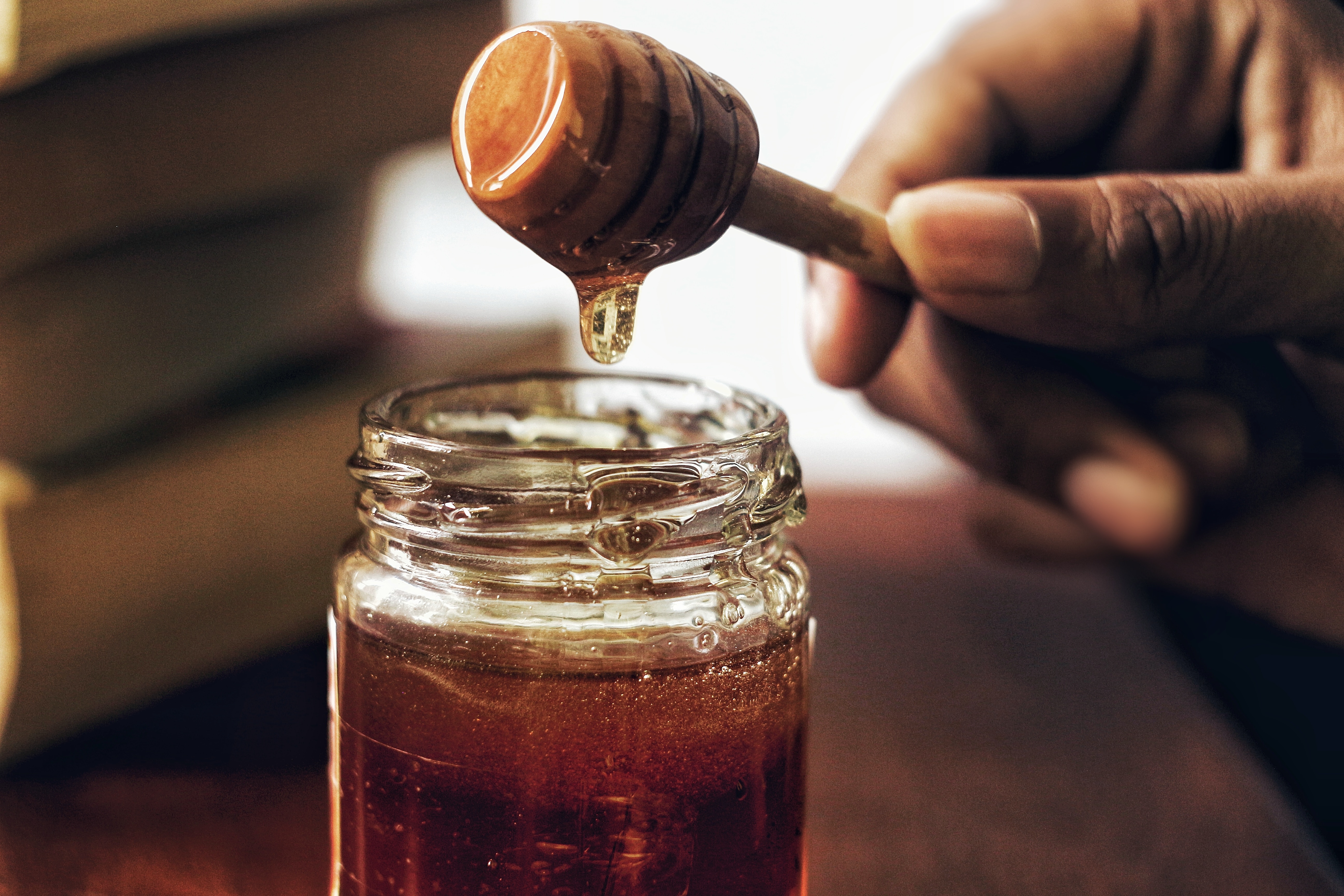
Date Syrup
Made from dates, this syrup has a rich, fruity flavor. ‘D’vash’ and ‘Joolies’ offer high-quality date syrup.
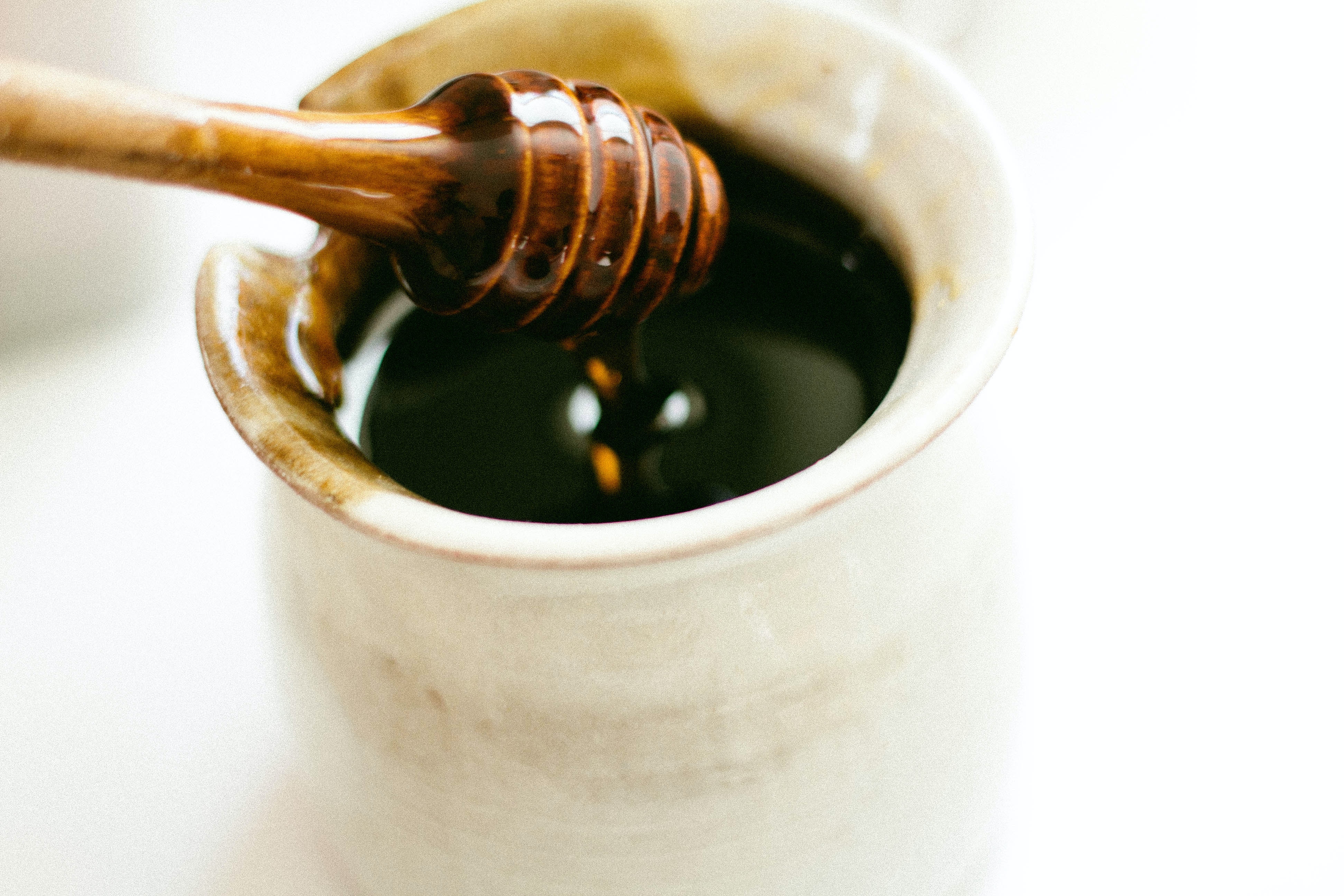
Coconut Nectar
A sweet syrup made from the sap of coconut palms. It has a mild, slightly coconutty flavor. ‘Big Tree Farms’ and ‘Coconut Secret’ are popular brands.
Tips for Identifying Vegan-Friendly Options
Check the label, always read the label carefully for non-vegan ingredients or additives. Look for products that are specifically labeled as vegan.
Be Aware of Bone Char
Some sweeteners, like sugar, may be filtered with bone char. Look for brands that specify that they do not use bone char in their processing.
Consider the Source
Consider the ethical and environmental implications of the product. Some vegans avoid products associated with exploitative labor practices or have a negative environmental impact.
Homemade Versions
Making your sweeteners at home can be satisfying and rewarding to ensure that your ingredients align with your vegan principles.
Ingredient Swaps
Honey Substitute: In most recipes, agave nectar can be used as a one-to-one substitute for honey.
Sugar Substitute: Use coconut sugar or date sugar as a one-to-one substitute for white sugar. For liquid sweeteners, use maple syrup or brown rice syrup.
Corn Syrup Substitute: Use brown rice or light agave syrup as a substitute for corn syrup in recipes.
How to Use Vegan Alternatives in Recipes
Baking: Most liquid sweeteners like agave, maple syrup, or brown rice syrup can be used as a one-to-one substitute for sugar in baking recipes. However, you may need to adjust the liquid content in the recipe to account for the extra moisture.
Salad Dressings: Agave nectar, maple syrup, or date syrup can be used to sweeten salad dressings. Start with a small amount and adjust to taste.
Beverages: Liquid sweeteners like agave, coconut nectar, or maple syrup can be used to sweeten beverages. They dissolve easily in both hot and cold liquids.
Sauces and Marinades: Use agave nectar, maple, or date syrup to sweeten sauces and marinades. Adjust the quantity to suit your taste preference.
How Agave is Made
Agave syrup, also known as agave nectar, is a sweetener derived from the sap of the agave plant, native to Mexico and South America. It is a popular alternative to sugar and honey due to its liquid form and sweeter taste.
Primary Ingredients
The primary ingredient of agave syrup is the sap of the agave plant, specifically from the blue agave plant (Agave tequilana). The sap is extracted from the plant’s core, then filtered and heated at a low temperature to convert the carbohydrates into sugars.
Secondary Ingredients and Additives
Pure agave syrup does not contain any secondary ingredients or additives. However, some commercial brands may add other ingredients. such as fructose or glucose, to increase its sweetness or to thin the syrup to make it pour more easily. It is essential to check the product’s label to ensure it contains no unwanted additives.
Sourcing and Ethical Considerations
Sourcing and ethical considerations are crucial in determining whether a product aligns with one’s vegan principles beyond its ingredients.
Environmental Impact
The production of agave syrup has a lower environmental impact than other sweeteners, like sugar, as it requires less water and land. However, the popularity of agave syrup and tequila has led to monoculture farming of blue agave, which can lead to soil degradation and loss of biodiversity.
Additionally, the transportation of agave syrup from Mexico to other parts of the world contributes to its carbon footprint.
Ethical Impact
No significant ethical concerns are directly associated with agave syrup production. However, the growth of agave monoculture can lead to the displacement of other local crops and affect the livelihoods of local farmers.
Also, the demand for agave syrup and tequila has led to instances of land disputes in Mexico.
Labor Practices
The labor practices surrounding agave production vary from region to region and company to company. In some areas, workers are paid fair wages and work in safe conditions, while in others, labor rights violations, low wages, and poor working conditions have been reported.
Some companies are trying to improve this by implementing fair trade practices and ensuring better working conditions for their employees.
FAQ
Frequently asked questions help to clarify common misconceptions and provide quick and concise answers to specific queries.
Is agave nectar the same as honey?
No, agave nectar is not the same as honey. Agave nectar or syrup is made from the sap of the agave plant, whereas bees make honey from flower nectar.
How is agave different from sugar?
Agave is different from sugar in several ways. Agave syrup is made from the sap of the agave plant and has a low glycemic index compared to table sugar, which means it has a slower impact on blood sugar levels.
Also, agave syrup is sweeter than sugar, so you need less of it to achieve the same level of sweetness.
Why is agave a good vegan alternative to honey?
Agave is a solid vegan alternative to honey because it is plant-based and does not involve the use of animals or animal products in its production. It has a similar texture and sweetness to honey, making it a suitable recipe substitute.

